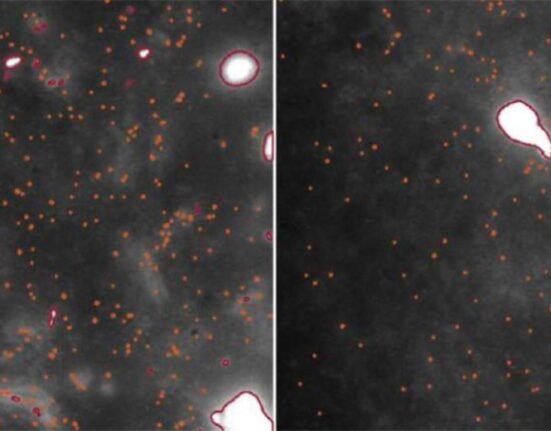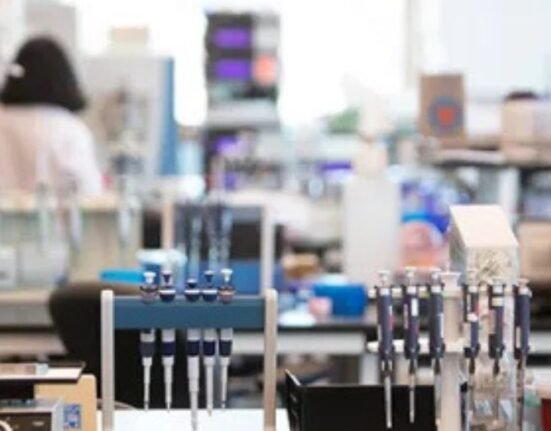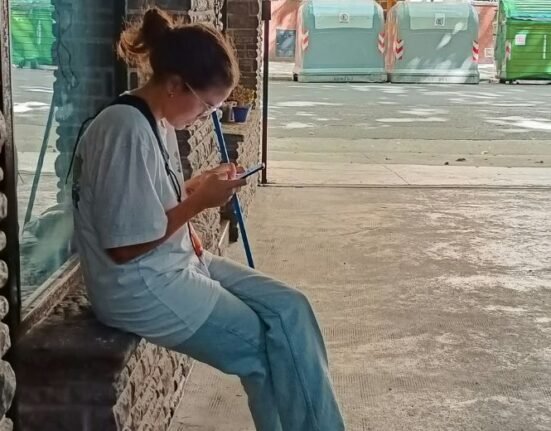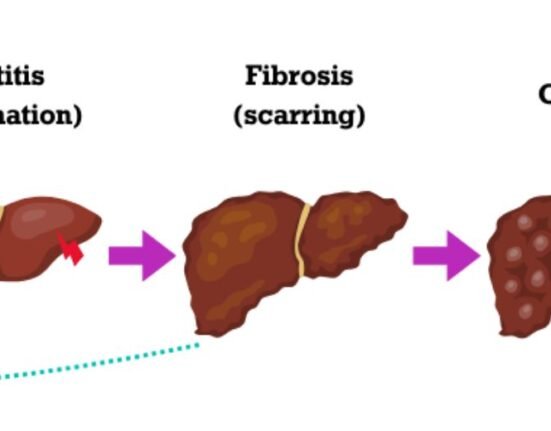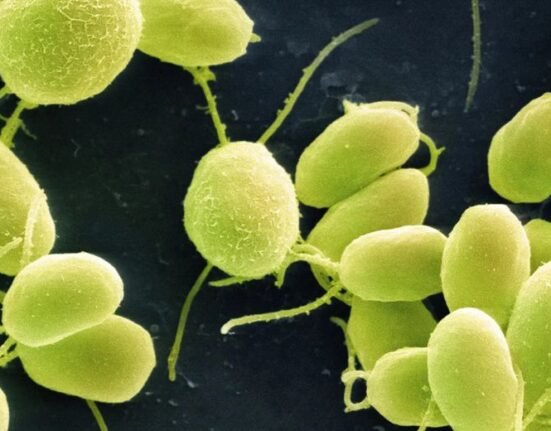HQ Team
June 12, 2025: A machine developed by US-based HistoSonics Inc. to treat patients with primary and secondary liver tumours and other hard-to-reach tumours will be installed at the UK’s Cambridge University Hospitals later this year.
Addenbrooke’s Hospital in Cambridge will start using the Edison Histotripsy System, an ultrasound treatment that can be delivered in a single short session.
Treatment is delivered through a single short session, potentially taking no longer than 30 minutes, with limited or no pain, a quick recovery, and can be performed as a day case.
The speed of delivery has the potential to reduce cancer treatment times, avoid disease progression and improve cancer survival, according to a University statement.
The machine at Cambridge will be the first in the UK and Europe to treat patients as part of their clinical care pathway, outside the trial setting.
Tiny bubbles
Histotripsy is a medical technique that uses pulsed sound waves (like ultrasound) to treat tissue in the body. The sound waves create tiny bubbles (called bubble clouds) in the targeted tissue. These bubbles form and then quickly collapse within microseconds.
When the bubbles collapse, they produce strong mechanical forces. These forces break down the tissue at a very small scale, even at the level of individual cells and parts of cells. It destroys unwanted or diseased tissue without using harmful radiation (like X-rays) or heat, which can damage surrounding healthy tissue.
The technique avoids the need for traditional surgery, making it less invasive. As it does not rely on heat or radiation, it reduces risks like burns or radiation side effects.
Twenty-three patients from Europe were recruited in a histotripsy clinical trial that was completed in 2022. So far, more than 1,500 patients worldwide have received treatment using histotripsy, mainly in the US following approval by the US Food and Drug Administration in late 2023.
‘Free up time for surgeons’
“Histotripsy is an exciting new technology that will make a huge difference to patients,” said Roland Sinker, Chief Executive of CUH. “By offering this non-invasive, more targeted treatment, we can care for more people as outpatients and free up time for surgeons to treat more complex cases.”
The Edison Histotripsy System was purchased with a donation to the University of Cambridge from Hong Kong-based philanthropist Sir Ka-shing Li. Last year, a £11 million donation was made in honour of Sir Ka-shing Li to support the now-renamed Li Ka Shing Early Cancer Institute.
“This is seriously good news,” said Fiona Carey, who has lived with cancer for over two decades, and is Co-Chair of the Patient Advisory Group for Cambridge Cancer Research Hospital.
“A new, non-invasive option to treat these cancers is very welcome indeed. For patients for whom ordinary surgery is no longer an option, this could make all the difference,” she said.



